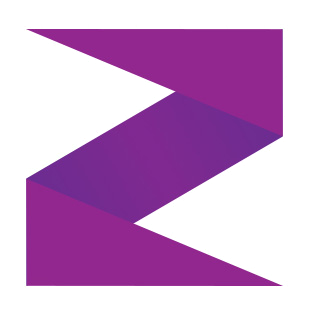Maker Made We’re makers. In our spare time, we work on our
personal, crazy or cool -- most of the time both --
projects we’ve concocted. But around this time last year,
we decided to put our minds and ambition together and
work collectively to produce a modular prototyping
system for makers. |
1. Compact, Smart Form Factor
We aimed for a small, convenient form factor that is ideal for wearables, robotics, small-space limitations, or other on-the-go projects.
2. Grid Layout Ability We’ve also added mounting holes to our all peripheral breakout boards, most of which fit a grid alignment. This positioning enables the boards to be mounted on mechanical elements. In fact, we’ve created a set of mechanical elements based on this grid. Download them from Thingiverse (in progress) and print them. They can also be easily modified to suit your needs.
3. Qwiic
We are dedicating ourselves to the expansion of the Qwiic ecosystem. Five years ago, one of our team-members settled on using the same 4-pin JST-SH connector for connecting his I2C devices together. So, when Sparkfun formalized this and gave it a name, we couldn’t resist jumping on board. This standard’s ease of connection for I2C eliminates the need for soldering and connection mishaps, while enabling daisy chaining. It’s the qwiic way to hack!
4. Open Source
This new line of boards is inspired by and derived from the work of two of the most important contributors to the OSHW ecosystem. There are a few variations that we wanted to see made, and we're in a position to make and sell them. We think our boards are really cool, especially when used with one-another in a Qwiic-based project. But in the interest of getting them out into the world quickly, we're leveraging a lot of work by our cohorts (we hope they'll see us as theirs) in the OSHW industry. This is especially true of the Adafruit firmware libraries, which are used with myriad cheap clones every day. While we don't yet have the resources to commit to writing drivers as stable and well-documented as those of Limor Fried, Nathan Seidel, and their respective teams, we hope that it counts for something that we're giving credit where credit is due, and sharing our own schematic and layout files. This was part of the social contract agreed upon at the first Open Hardware Summit, and we intend to honor it.
|


